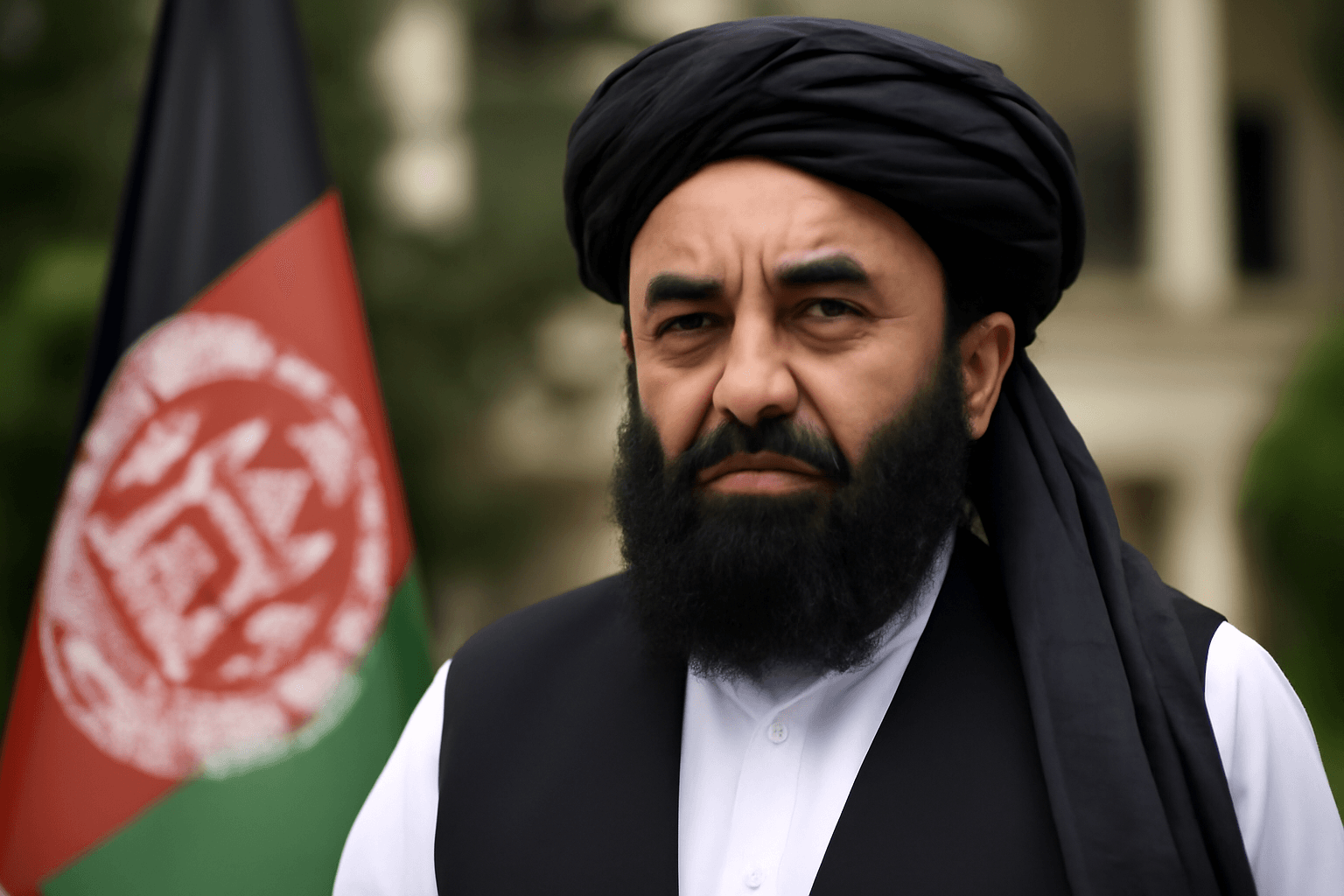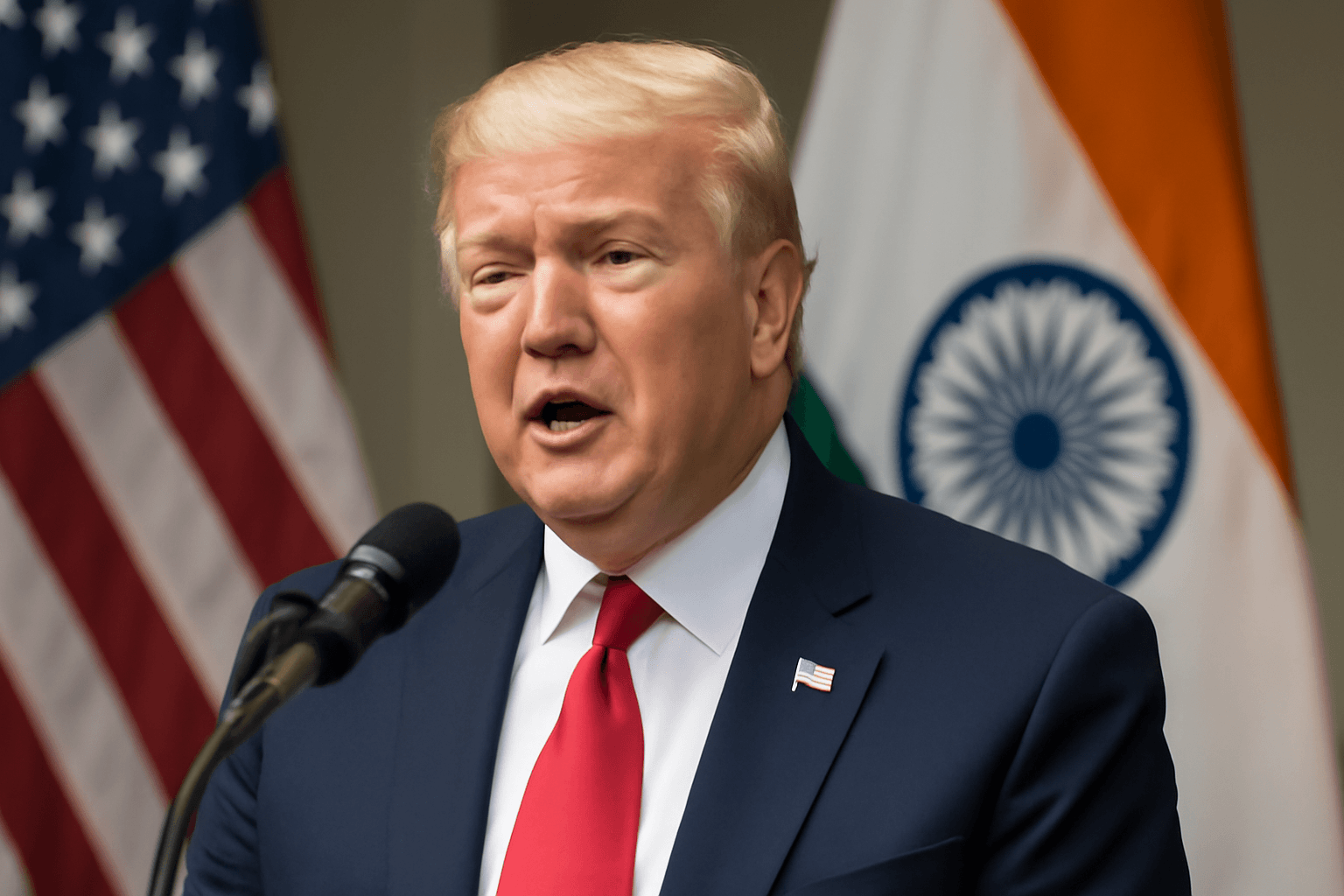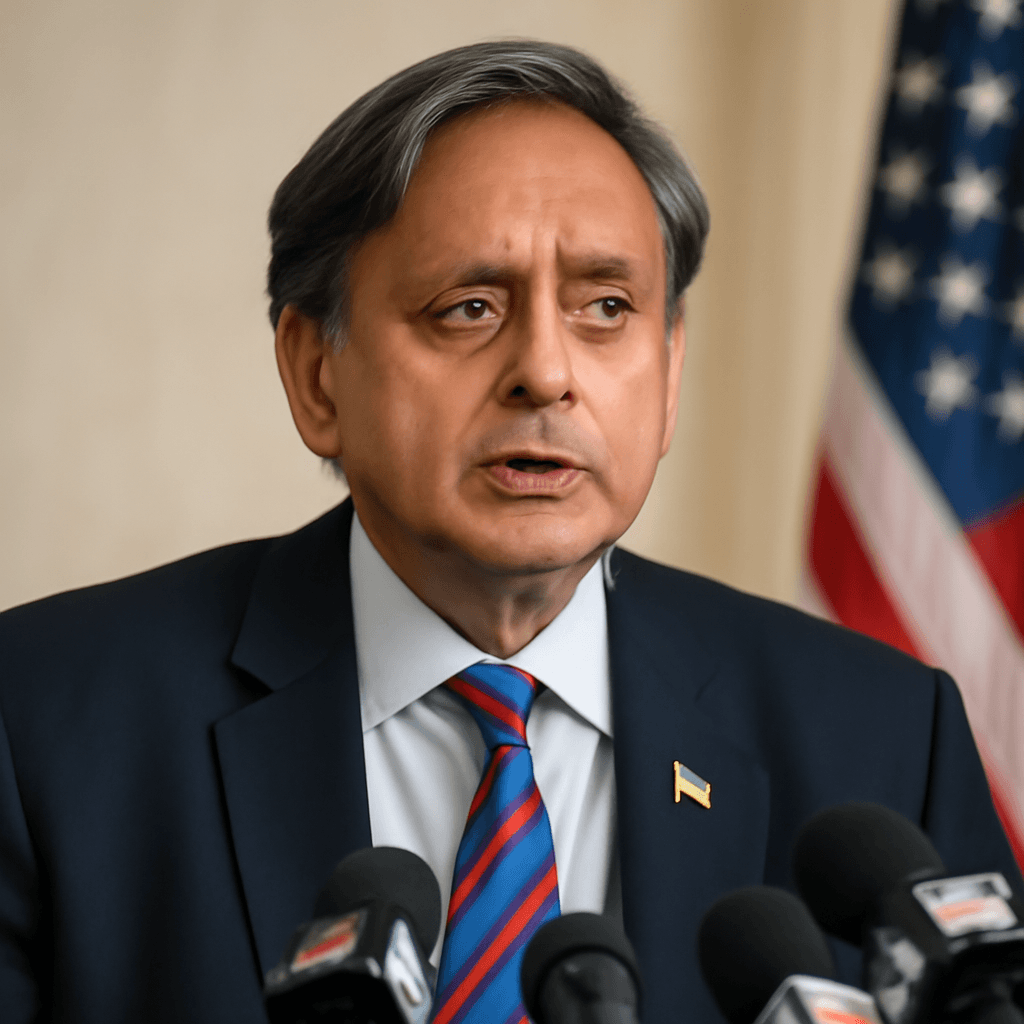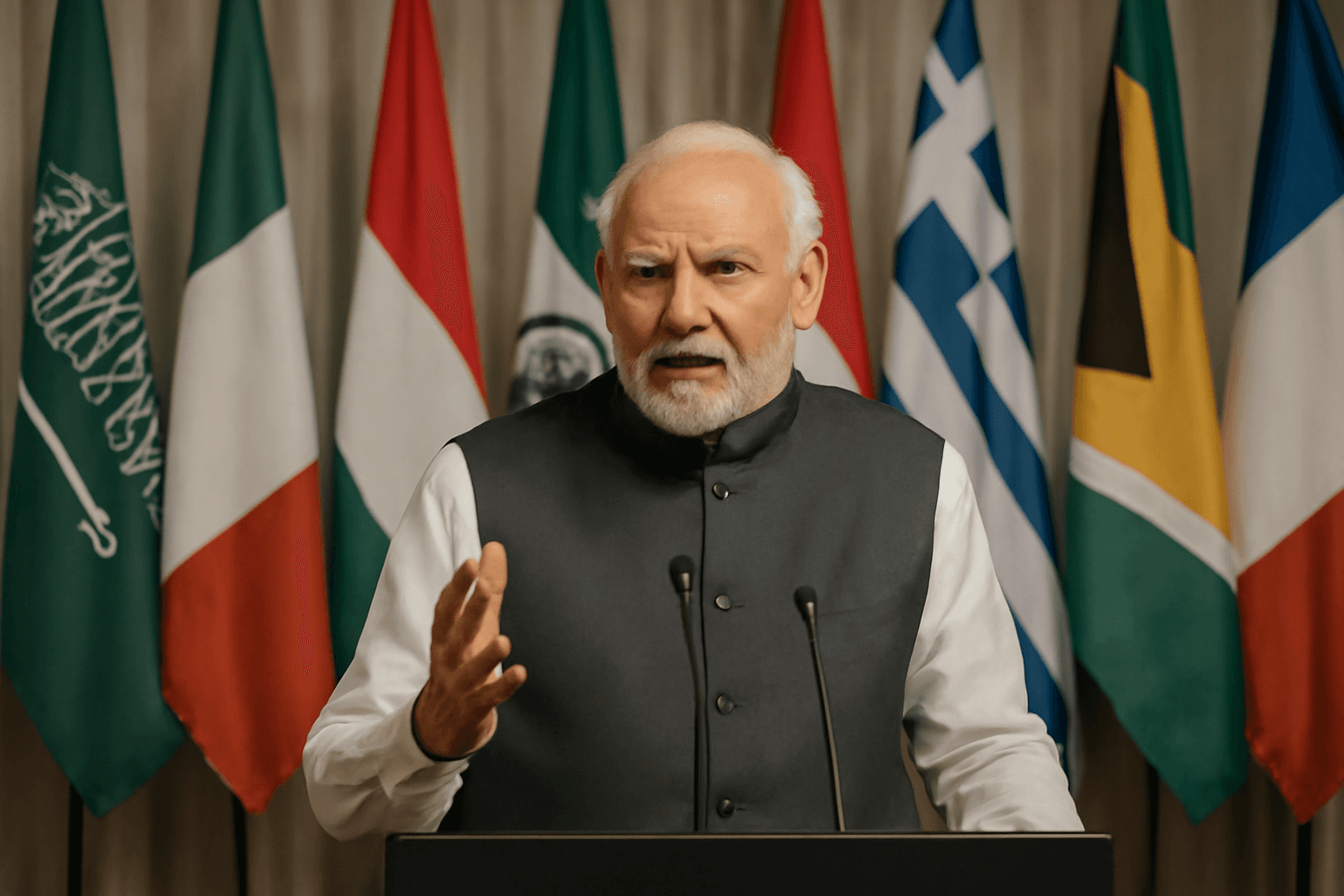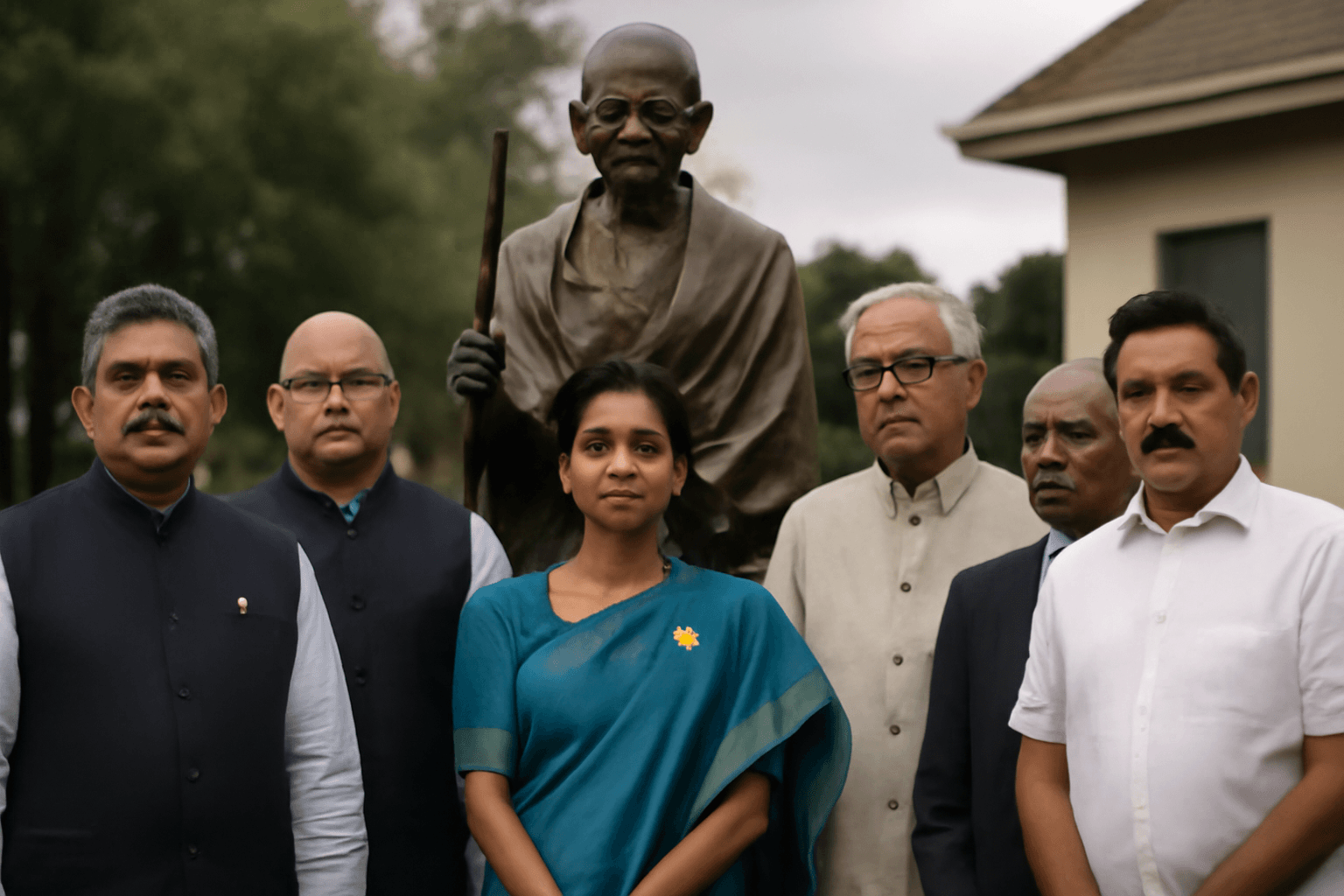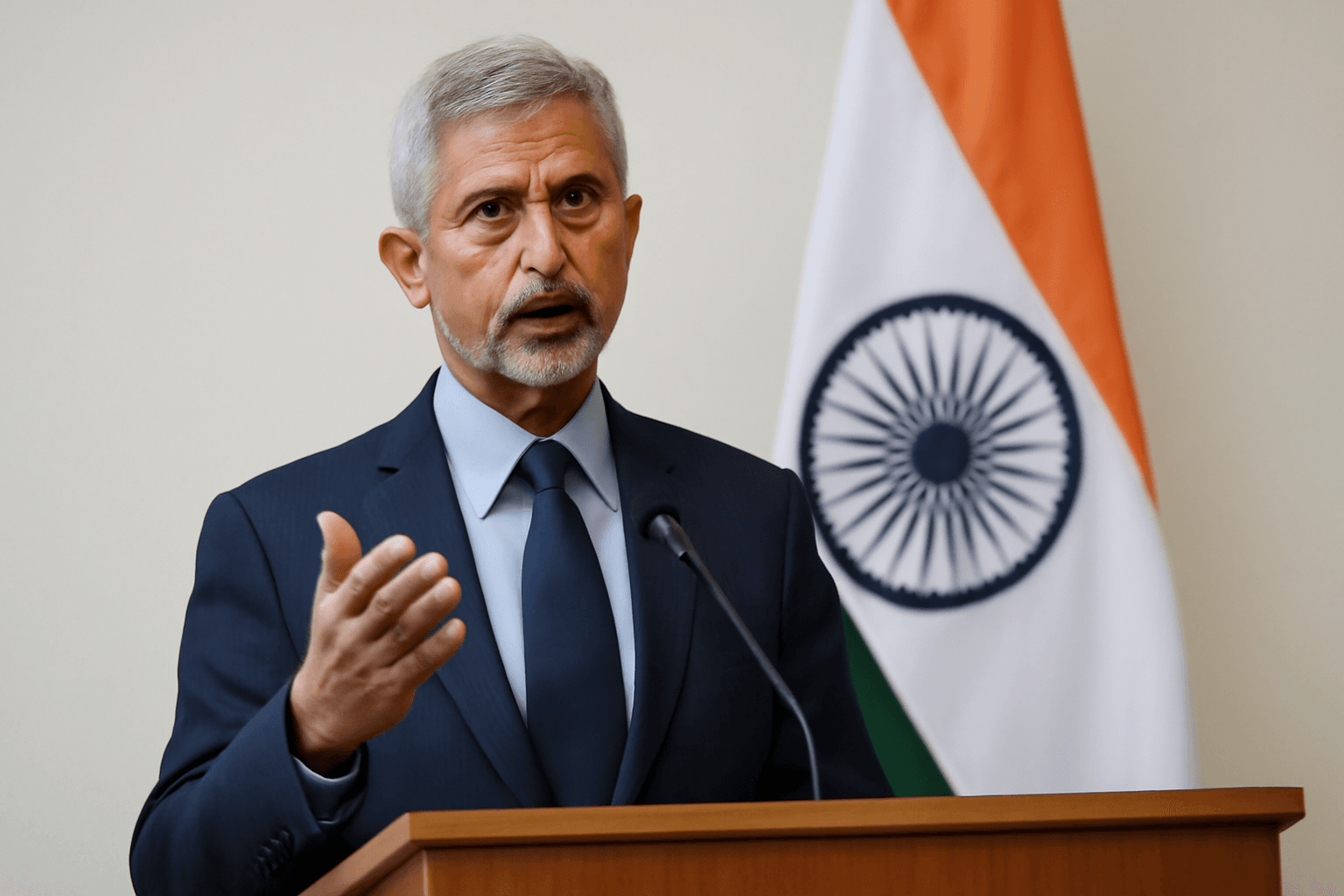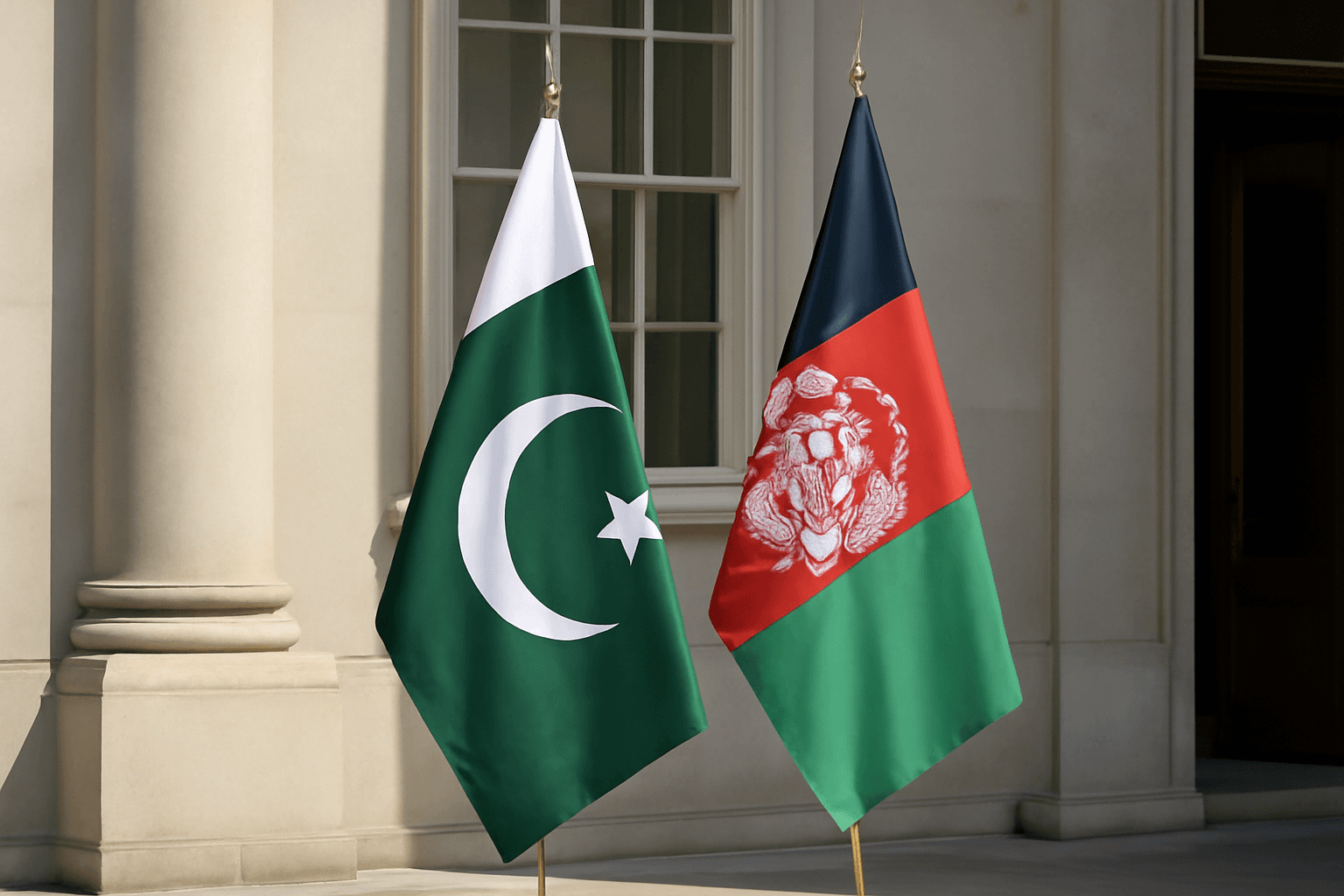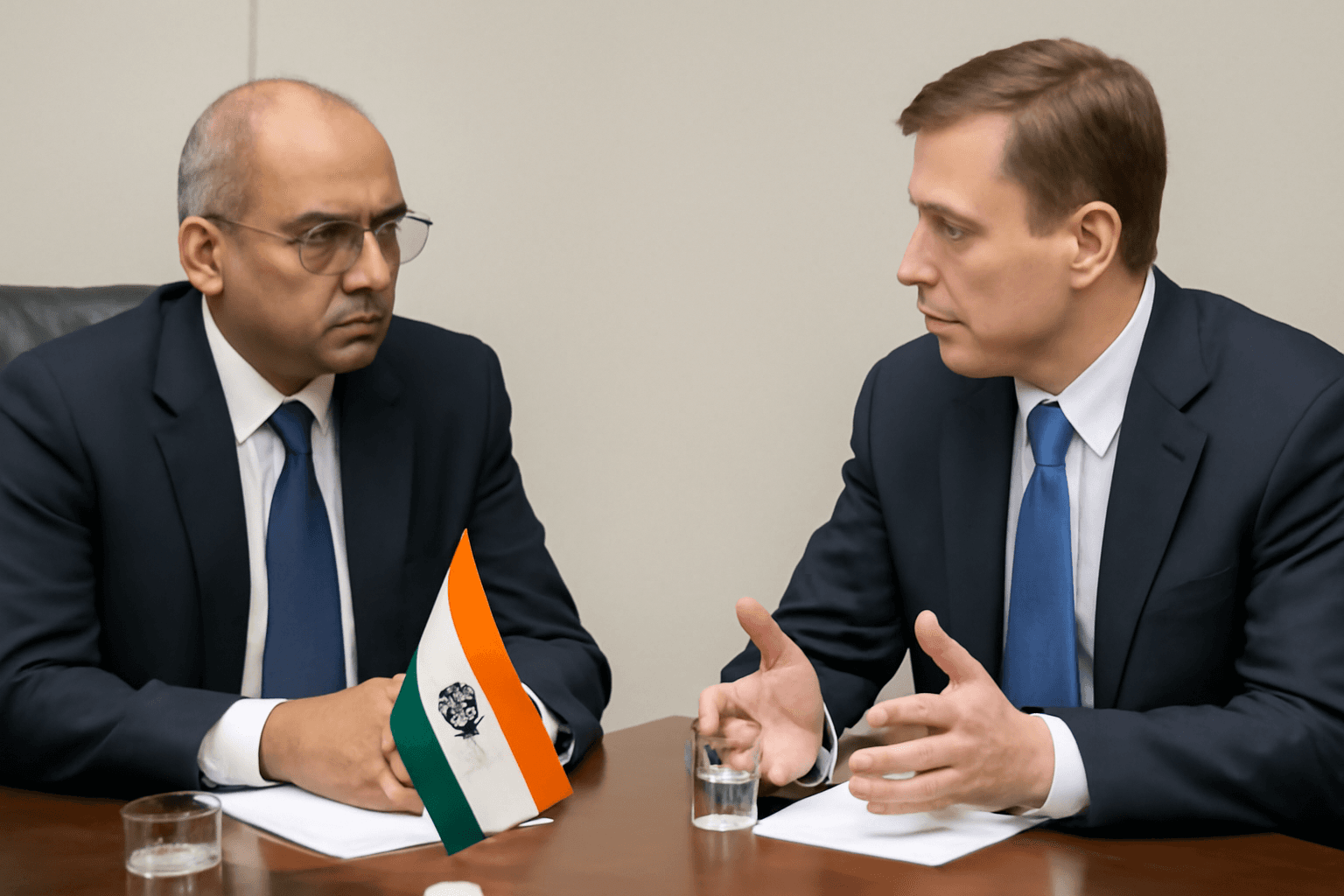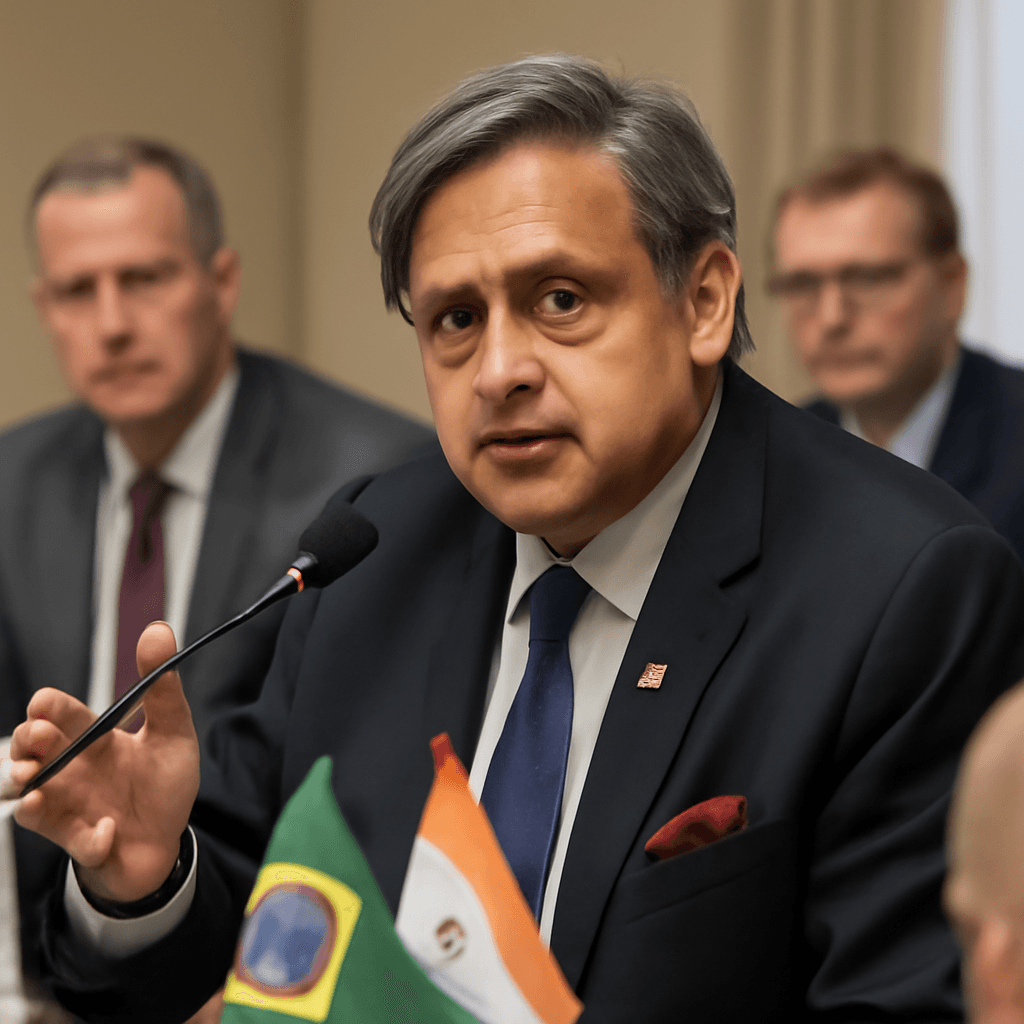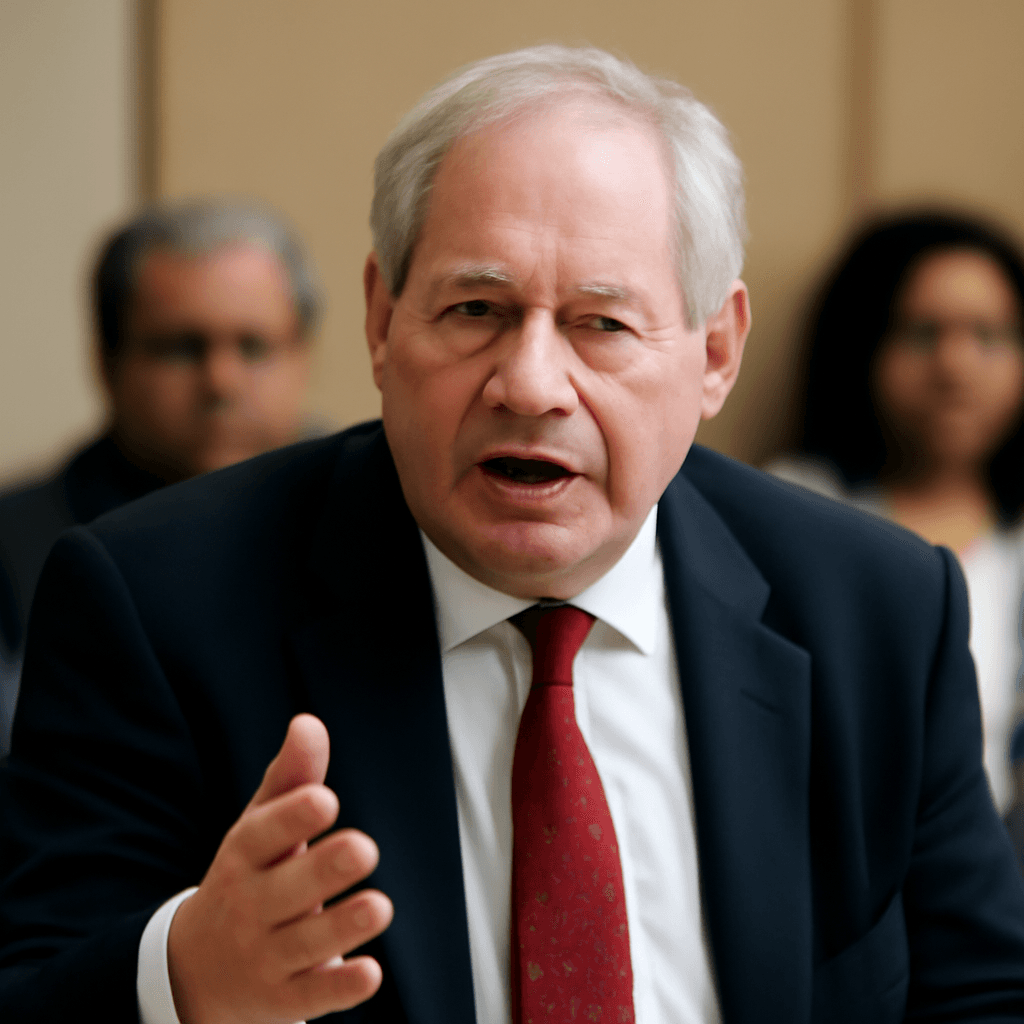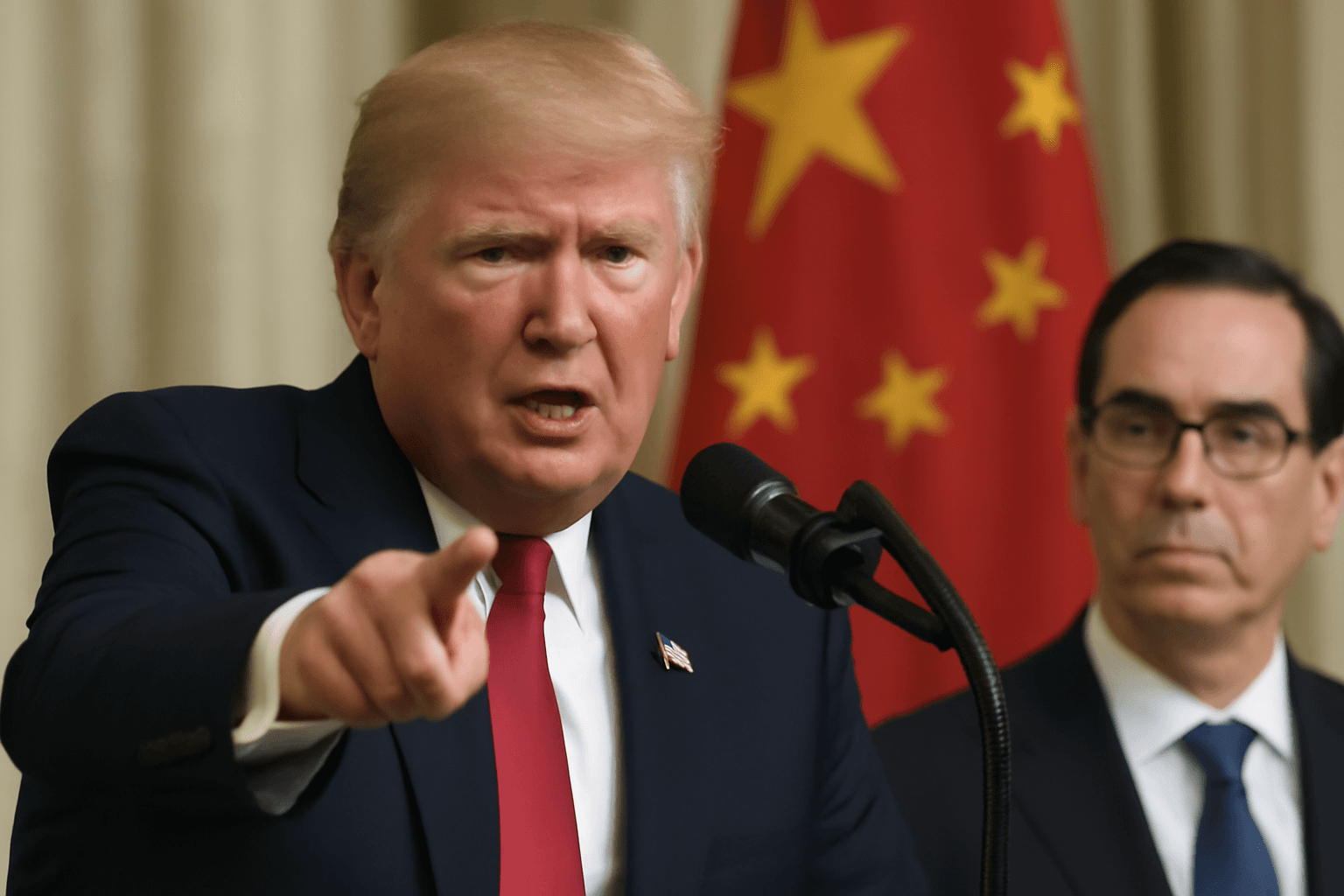In a significant development following trilateral talks in Beijing, Pakistan has announced plans to appoint an ambassador to Kabul, signaling an upgrade in diplomatic relations with Afghanistan. This move comes after a China-mediated dialogue involving senior foreign ministers from Pakistan, Afghanistan, and China earlier this month.
Deputy Prime Minister and Foreign Minister Ishaq Dar confirmed the decision on social media, citing a positive trajectory in Pakistan-Afghanistan relations since his visit to Kabul on April 19, 2025. He stated, "To maintain this momentum, I am pleased to announce the decision of the Government of Pakistan to upgrade the level of its Chargé d’Affaires in Kabul to the level of Ambassador." Dar expressed confidence that this advancement would deepen bilateral cooperation in economic, security, counterterrorism, and trade sectors, further enhancing exchanges between the two neighboring countries.
Relations between Islamabad and Kabul had been strained after the Taliban takeover in 2021, due notably to a surge in cross-border attacks from Tehreek-e-Taliban Pakistan (TTP) militants. Pakistan accused Afghanistan of providing shelter to these militants, which led to heightened tensions. However, recent engagement efforts have begun to ease these challenges.
Afghanistan's acting Foreign Minister Amir Khan Muttaqi is expected to visit Islamabad shortly, marking his first visit in two years. This proposed three-day visit is part of a larger initiative to restore regular high-level diplomatic exchanges. A roadmap for ongoing official and ministerial engagements was outlined during a Pakistani delegation visit to Kabul in March 2025.
Encouragingly, the Afghan Taliban have taken steps that align with Pakistan's security concerns. Senior Taliban commander Saeedullah Saeed recently cautioned militant factions against unauthorized jihadist activities, especially targeting Pakistan. He emphasized that only the Emir has the authority to declare jihad and condemned rogue actions as violations of both Islamic law and the Afghan Emirate's directives.
This statement, viewed as a product of combined Pakistan and China diplomatic pressure, underscores a shift in Kabul's stance towards controlling militant groups operating from its territory. Pakistan and China have indicated their willingness to support Afghanistan economically and diplomatically contingent on continued efforts to curb militancy.
These developments illustrate a cautious but promising restoration of diplomatic ties between Pakistan and Afghanistan, fostering conditions for greater regional stability and cooperation.

